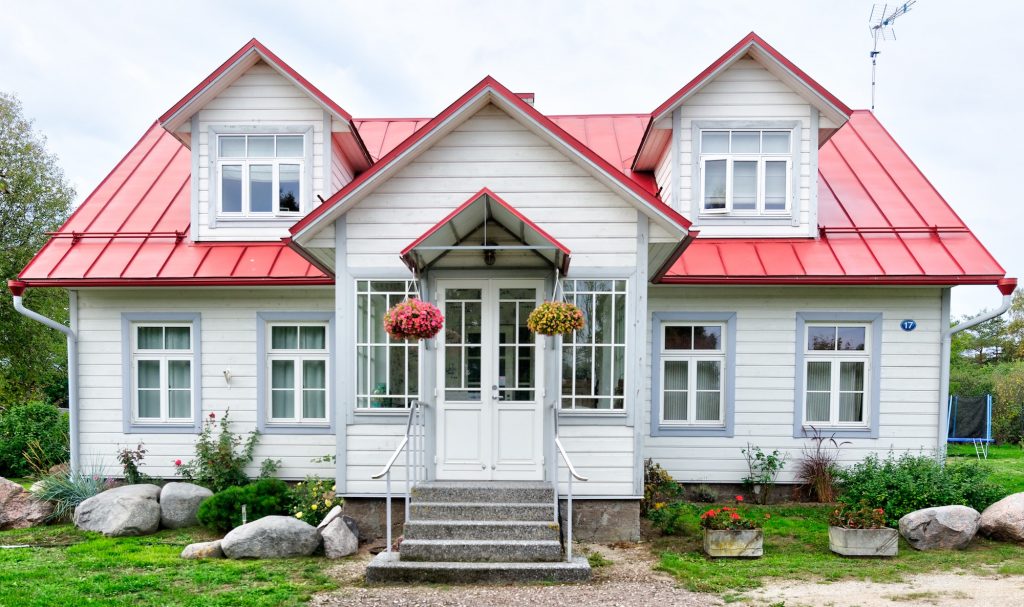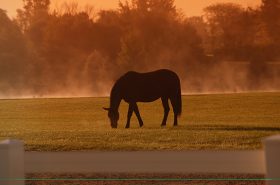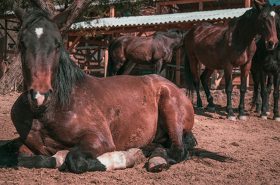Factors to consider when purchasing a horse farm!
The housing market is still on fire with low interest rates! Many first-time and seasoned home buyers have their pre-approvals ready and are waiting for the right house to come up. Horse owners usually have a unique set of requirements for their dream property. It’s best to work with a realtor who is familiar with horses or at least farms.
Buying an equestrian property is not like buying any other real estate. It has its own challenges and demands.

Consider These Factors When Buying
- Acreage: Most farm owners prefer at least a few acres for their horses. A general rule is three acres for the first horse, and then an acre for every additional horse. With more land, you can rotate pastures and have better grazing.
- Zoning: Zoning laws vary from city to township. Each area will have their own laws on how many horses per acre is allowed, how close horses can be to neighbors, manure management, building requirements, and more. Some areas may have strict zoning, while others have none at all!
- Location: The location of your property is also important. Is it by a large development, school, or businesses? Residents may complain about the smell or flies. Their dogs may wander onto your property. People may try to feed your horses unusual treats. Additionally, consider how close your local tack store and feed mill are. You’ll also want to make sure you have access to vets and farriers.
- Pasture: Quality pasture and good soil are essential. Without good grass, you’ll have to supplement with hay. Ideal soils are usually sandy and loamy. You should also check the fields for toxic plants and trees. In addition to good vegetation, sloping land will offer better drainage and prevent overly wet fields.
- Water Supply: A single horse can drink upwards of 10 gallons of water per day. Your property will definitely need access to a good supply of water.
- Barn or Shelter: Some properties come with a barn, while others have nothing at all. You’ll have to evaluate the price and your budget to see what works. Building a barn can be an exciting undertaking, but also costly and time consuming. An existing barn should be carefully evaluated. Consider the size (number of stalls, room for growth, height, etc..), structural integrity, footing, ventilation, among other things.
- The House: No property is worth buying if the house is less than desirable. That’s unless you plan to build a new one. There’s a fine balance of a dreamy barn and beautiful house. Make sure to consider the needs of your entire family.
- Renovations: Some folks enjoy DIY projects and are quite handy, while others prefer to hire the work out. Simple things like painting can really freshen up a place. Make sure you know your limits and capabilities though. Buying a fixer upper can be a great investment if you’re ready for the work.
- Realtor and Lender: As previously mentioned, your realtor should be familiar with horse properties. They may have sellers to connect you with, but also they’ll understand your horse’s needs. You’ll want to find a lender who won’t panic when they see the acreage or type of property, as well. Some banks work specifically with farm owners.
- Resell Value: When buying any real estate, you must always consider that life can throw you curve balls. You may have to sell the property in the future. It should be marketable!
Don’t be in a hurry to buy the next property you see (unless you’re positive it’s the right one). Take your time and see a few homes! Currently, it’s a sellers’ market. You’ll have to be patient or be prepared to spend more than usual. At least, you’ll have plenty of time to create a checklist!
Love this blog post? We think you will like Affordable Projects to Help You Quickly Sell Your Farmhouse Property



